Welcome to the third issue of Conversations at Tangible for 2021. This year Conversations@Tangible is looking at insights that change the way we do things. In this issue we’re focusing on insights that have led us to change the way we snack.
People may depend on sweets, chips, biscuits or energy bars as their everyday staple snacks, to get them through the day.
As a result of the Covid-19 pandemic, normal life has changed significantly and as a work-from-home culture has become part of the new normal, we have witnessed a shift in how we snack that may suggest a precedent for the future.
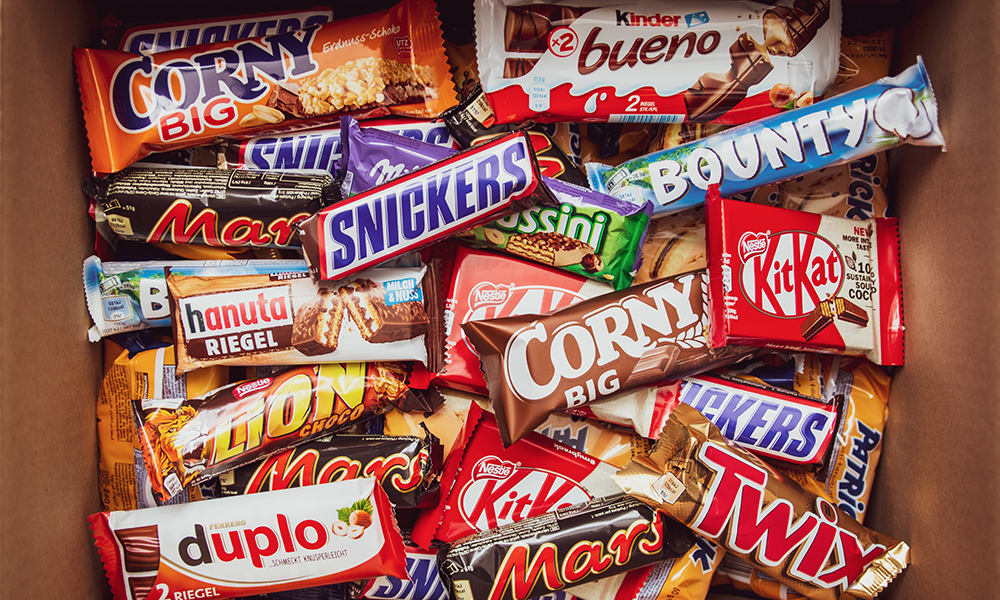
Insight 1: Snacks brands need to stand for something
Brand has always been a key factor in how well a business does in the long run but that’s even more true during the pandemic. More and more people are looking for snacks while working from home and this means brands need to stand for something more than just filling the consumers.
More than half of snacking instances were prompted by a need for nourishment, wellbeing, or health. However, some of the reasons individuals snacking have changed. We’ve witnessed a multi-decade evolution in the snacking market to a point where consumer attitudes are drastically different.
43 percent of respondents said they snacked to relieve boredom or frustration, while 55 percent snacked for comfort.
Consumers in Generation Z are more likely to munch for comfort, with 72 percent identifying this as a motivator, compared to 60 percent of Millennials who snack to cope with stress. Snacking for sustenance is very important to Generation X. This age group is known for their indulgences, but they also believe in snacks as part of a healthy lifestyle. Baby Boomers do not appear to be particularly motivated by emotional drivers for snacking such as stress or boredom, or even factors such as sustenance and eating to promote physical and mental alertness.
As a result, brands should consider how they tell their stories and how they engage with their customers on a more personal level.
Read More: How the pandemic is reshaping the snacking occasion
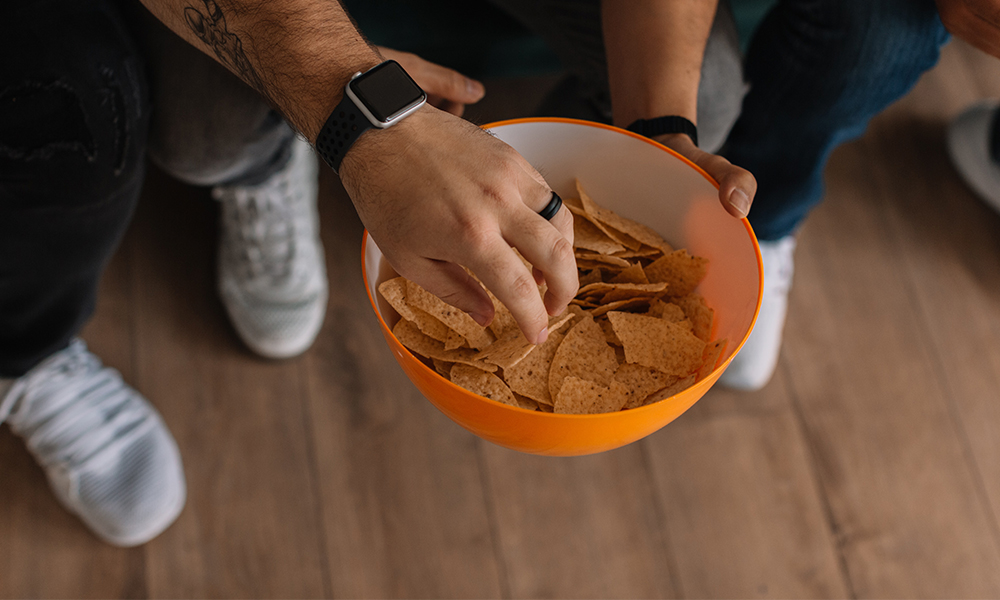
Insight 2: Increased Snacking
Before COVID snacking kept us satiated between meals and sometimes serves as a meal alternative for people on-the-go. Now nine out of ten adults (91%) said they are snacking more or the same amount, and 37% said they have been snacking more since the pandemic began. The increase in the number of people working from home has clearly been a driver for an increase in consumer snacking.
Obviously, when more individuals choose to snack more, this has an impact on health. Consumers admit to gaining weight as a result of their nibbling throughout the pandemic. As well as physical changes consumers are also seeing rising grocery food costs however, individuals all across the world are spending less money overall than usual.
Read More: Snacking on the rise during COVID-19 lockdown
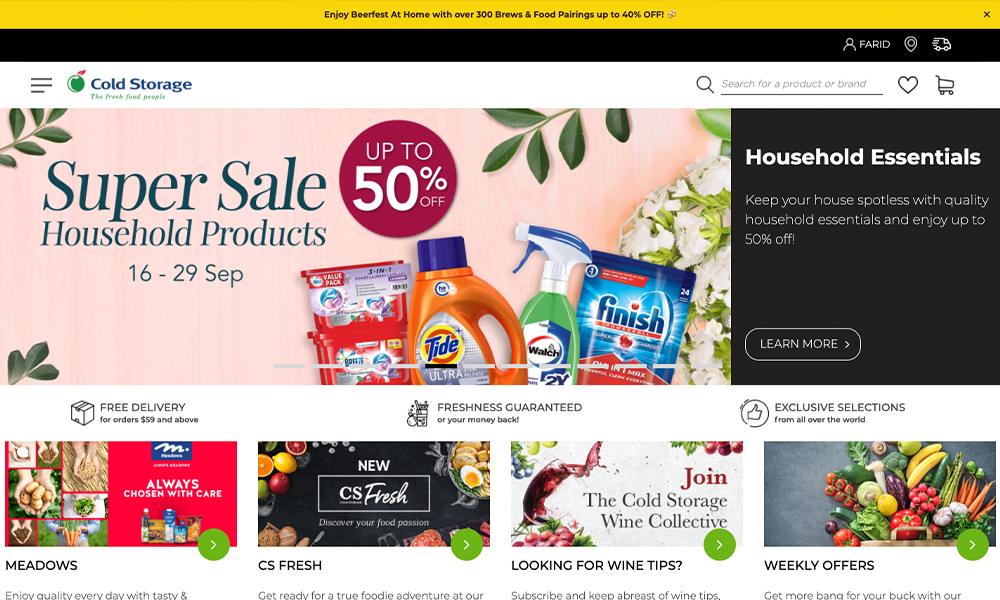
Insight 3: Online shopping is here to stay
Over the last year, the motivation for getting a snack has altered. It’s apparent that emotions are playing a bigger role in their decision-making. Some consumers stated they snacked to relieve boredom or stress, while others said they snacked to maintain alertness or focus.
The way consumers are seeking snacks is also changing. Factors such as gamification, personalisation and prizes all now maximise the digital experience. Experts anticipate that the trend toward online purchasing will continue even after governments loosen their prohibitions, with many forecasting that e-commerce will play an even bigger part in the “new normal.”
Read More: Pandemic Snack Attack
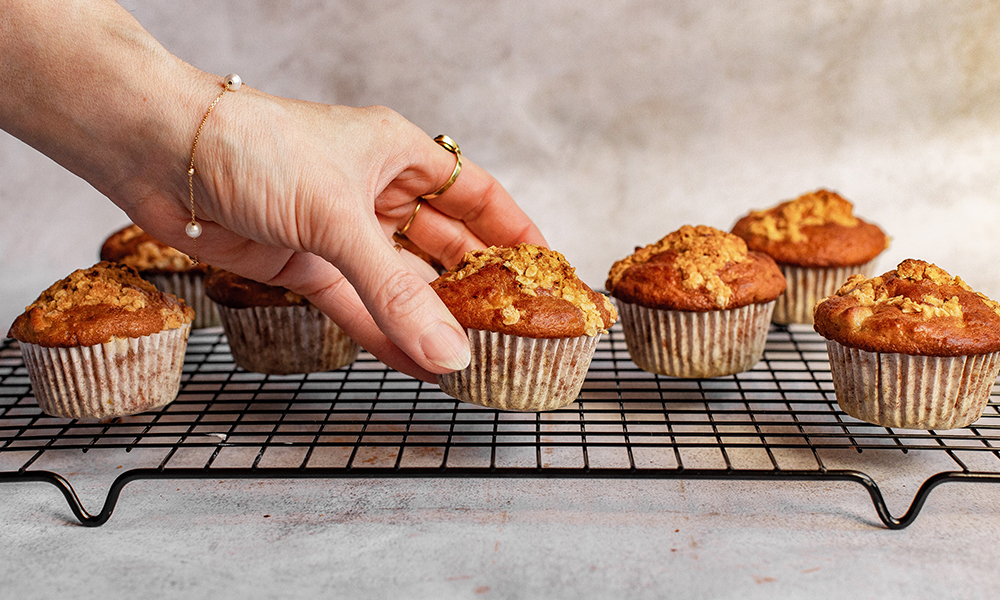
Insight 4: Home baking is back!
During the pandemic there has been a significant surge in consumers cooking and baking their own snacks. According to Google Trends (which is an indexed estimate of how popular a topic is in any particular location at any given time), there have been more searches for flour than for other staples such as noodles or milk.
Aside from necessities like rice and oil, shoppers have been stocking up on snacks, ice cream, and beverages like Milo, according to shopkeepers. This tendency began in the early weeks of the lockdown period and was eventually supplanted by frozen food searches.
Read More: How Covid-19 is changing what Singaporeans shop for online
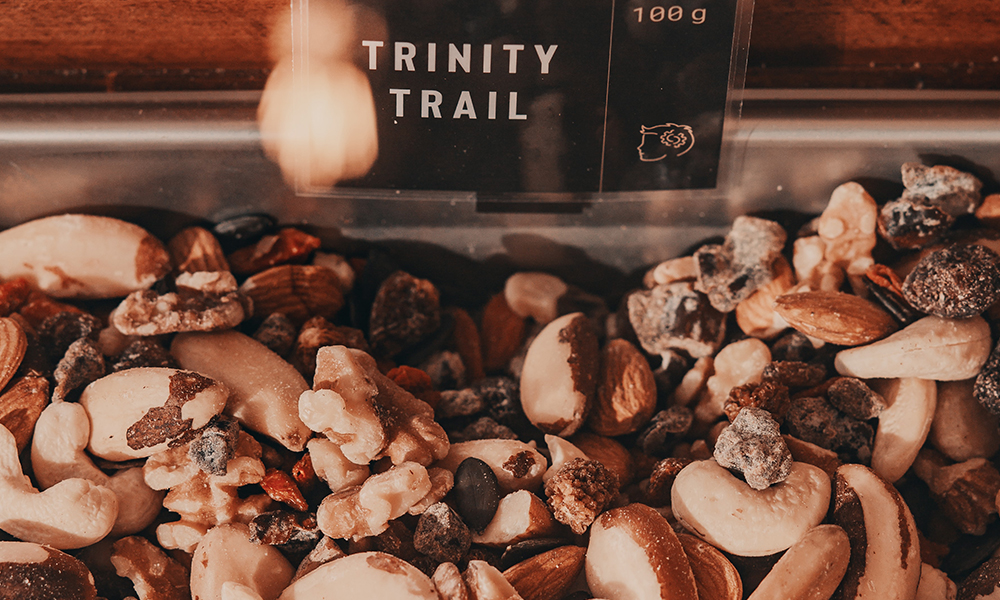
Insight 5: Emerging healthier lifestyles
Despite the fact that Covid-19 has led to a rise in snacking (with related overconsumption and health concerns) what appears to be developing is a push to live a healthier lifestyle while consuming more.
In Australia, consumers’ snack choices appear to be quite responsible, with 58% saying they pay attention to the types and substance of snacks they eat, and 64% saying they want to manage the quantity sizes they eat.
Millennials and Centennials are more likely to seek snacks that reflect the latest wellness trends, such as high protein, immunity-boosting, and plant-based, while Boomers are more likely to seek traditional methods of controlling their intakes, such as portion-controlled or bite-sized snacks.
Over the last year, the popularity of healthy snacks has skyrocketed. Although flavour remains the most important factor in snack selection, consumers are significantly more health-conscious now than they were a year ago. Preservatives and artificial colours have become market outcasts, and products using them are having difficulty finding consumers.
What does this mean for the future of snacking?
-
- Develop a strong connection with your customers: Consumers aren’t snacking just to fill themselves, so ensure your product has a strong brand that stands for something.
- Know your audience; different demographics are driven by different preference drivers.
- Authentic and ethical producers are becoming more important, so ensure your products are made right and have healthier options that also prioritise taste.
- There are opportunities to create new ingredient brands for home baking.
- Leverage every channel: More consumers are looking online for their snacks, so ensure your products leverage both physical and digital channels.
As we start to live through the pandemic, a more active, mobile lifestyle will serve as a stimulus for category innovation. Many long-term changes and habits have become entrenched. Expect a flood of new snack products developed with alternative ingredients, extra health advantages, and bold tastes, all to fulfil the on-the-go consumer’s constant demands for health, convenience, and fun.
Read More: From convenience to conscious: Covid-19 pandemic leads to shift in snacking priorities – experts
Banner Image: Unsplash
Share this article


